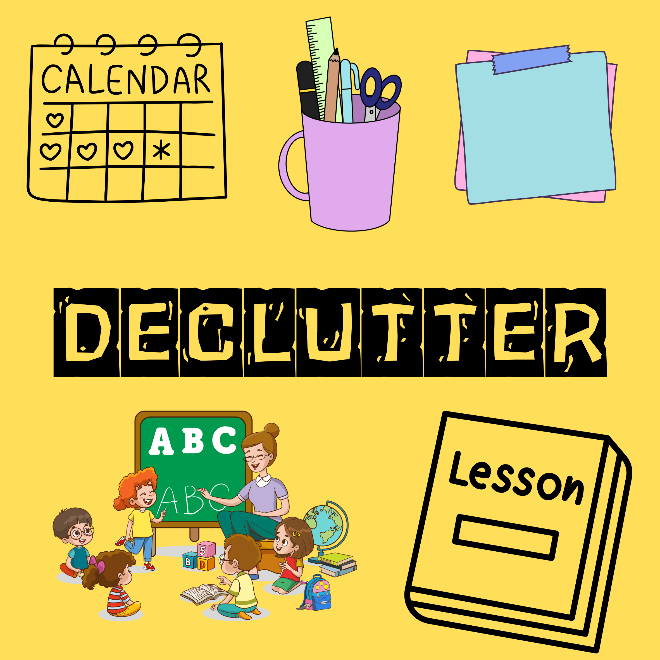February 2nd, 2026
According to the Pennsylvania Department of Education (PDE), only 40% of Pennsylvania 4th graders read at or above proficiency. Additionally, 13% of the state’s adults lack basic literacy skills, and this number has not changed since 1992. Leaders and educators in Pennsylvania have been working hard to improve these astonishing statistics by reaching more parents and communities, sending a message on the importance of literacy and how literacy can increase the chance of success in life for their students.
“Literacy is for Life” is the theme of their campaign, which has been made possible by the Keystones to Opportunity (KtO), Pennsylvania’s Striving Readers Comprehensive Literacy Project grant, a $200 million federal grant to improve literacy outcomes for all students in the state.
The Keystones to Opportunity State Operational Team recently released the Literacy is for Life Toolkit, which provides a wealth of information to help spread the word on literacy. There you’ll find fact sheets; messaging for families, students and teachers; printable posters; infographics and social media posts; engaging student project ideas; literacy websites for parents and children; and so much more.
Video from the Literacy is for Life Toolkit
GrapeSEED is working with Pennsylvania school districts to help them achieve their Literacy is for Life goals and improve early literacy test scores. For example, with the help of KtO funding, Southern Huntingdon County School District (SHCSD) has supplemented its literacy program with GrapeSEED and extended the program to local early learning and Head Start classrooms. The district has been pleased with the results.
“With the implementation of GrapeSEED at Southern Huntingdon County School District, we have seen significant growth in the area of reading achievement in all of our classrooms. What’s more, at the start of the 2016-2017 school year, students were asking their teachers when the GrapeSEED lessons would start. Southern Huntingdon County School District is pleased with our investment in GrapeSEED and in our student’s educational future.”
– Stacey J. Miller Acting Superintendent, Director of Special Education and Pupil Services, KtO Project Director

GrapeSEED Classroom in Southern Huntingdon County School District
You can learn more about how GrapeSEED is helping young students in Pennsylvania become proficient readers by third grade at these upcoming 2016 conferences:
- PASA-PSBA School Leadership Conference : Hershey, PA, October 13th-15th
- 2016 Early Childhood Education Summit : State College, PA, October 17th-19th
- 2016 KSRA Conference : Seven Springs, PA, October 22nd-25th
- 2016 PA Principals Association Conference : State College, PA, October 30th – November 1st
If you would like to promote literacy in Pennsylvania and help spread the word on how essential literacy is for students not only while they are in school, but also for their future as they enter into the working world and adulthood, get more information from the Literacy is for Life Toolkit.





